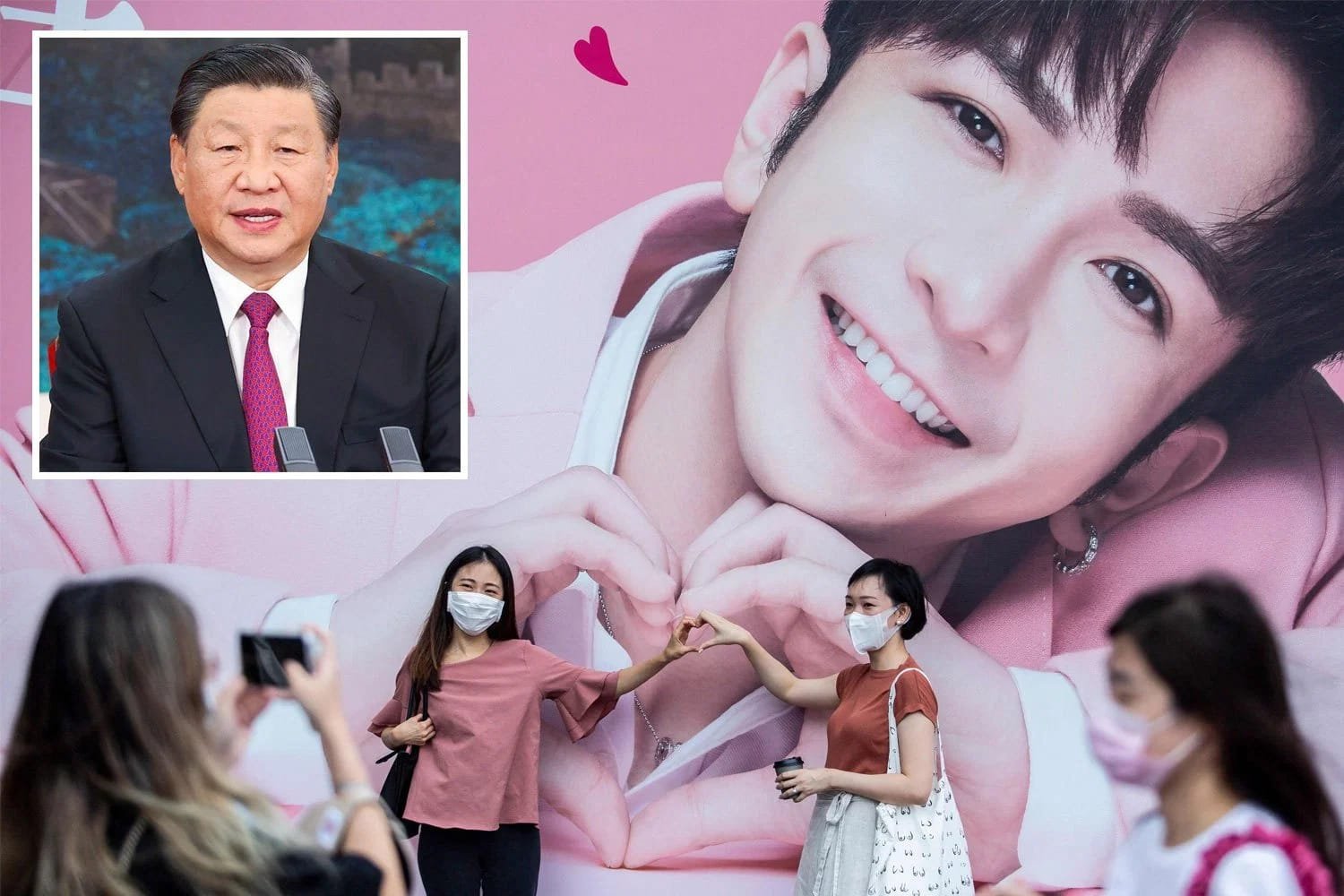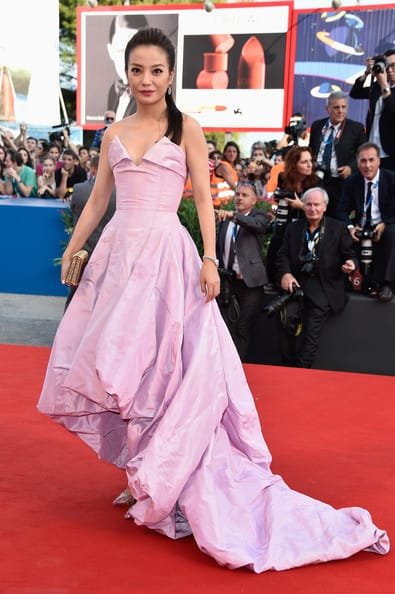
China’s government banned effeminate men on TV and told broadcasters on Thursday to promote “revolutionary culture” by expanding a campaign to increase control over business and society and enforce official morality.
Authorities pledged to promote what they termed more masculine images of men and criticized male celebrities who wear a lot of makeup.
President Xi Jinping called for “national rejuvenation” with tighter Communist Party control over the business, education, culture and religion. Businesses and the public are under increasing pressure to align with his vision of a more powerful China and a healthier society.
- Daniel Negreanu Finally Breaks His Losing Streak to Win Big in Super High Roller Bowl
- Baby Died After Her Mother Left Her On A Trip For Six Days
- OUTSPOKEN: Why Brazil Is The Most Important Country Right Now? By Will Lisil
- How To Build My Artistic Identity In The Metaverse?
- The Spike Protein From Covid Vaccine Can Persist In The Body For Months, Causing Debilitating Symptoms, According To A Study
The party has reduced children’s access to online games and is trying to discourage what it considers harmful health care for celebrities.
Broadcasters must “resolutely put an end to sissy men and other abnormal aesthetics,” said the National Radio and TV Administration, using insulting slang for effeminate men – “Niang Pao” or literally “female weapons.”
This reflects official concern that Chinese pop stars, influenced by the sleek, modern appearance of some South Korean and Japanese singers and actors, are not encouraging young Chinese people to be masculine enough.
Broadcasters should avoid promoting “vulgar internet celebrities” and admiration for wealth and celebrity, the regulator said. Rather, programs should “vigorously promote excellent traditional Chinese culture, revolutionary culture, and advanced socialist culture.”
Xi’s government is also tightening control over China’s internet industries.
It has launched antitrust, data security and other enforcement actions on companies including gaming and social media provider Tencent Holding and e-commerce giant Alibaba Group, which it considers the ruling party to be too large and independent.

The rules that took effect on Wednesday limit anyone with less than 18 to three hours a week of online gaming and prohibit playing on school days.
Game developers were already required to submit new titles for government approval before they could be released. Officials asked them to add nationalist themes.
The party is also increasing control over celebrities.
Broadcasters should avoid artists who “violate public order” or “have lost their morals,” the regulator said. Shows about celebrities’ children are also banned.
On Saturday, the Weibo Corp. microblogging platform. suspended thousands of fan club and entertainment news accounts.
A popular actress, Zhao Wei, disappeared from streaming platforms without explanation. Her name was taken from film and TV show credits.

Thursday’s order told broadcasters to limit artists’ pay and avoid contract terms that could help them evade taxes.
Another actress, Zheng Shuang, was fined 299 million yuan (US$46 million) last week for tax evasion in a warning to celebrities to be positive role models.

Lynette Ong, professor of political science at the Asian Institute of the University of Toronto, told the BBC that the latest announcements were “evidence of the Party’s increasingly invasive role in the lives of ordinary people.”
In 2019, during new censorship actions, China smudged the earlobes of some of its young male pop stars in television and internet appearances to hide their piercings. Male tattoos and ponytails were also blurred on the screens.
The country’s official Xinhua news agency criticized what it called the effeminate male celebrities of society in 2018. The agency added: “To cultivate a new generation that will shoulder the responsibility for national rejuvenation, we need to resist the erosion of indecent culture. ”
In China, homosexuality is not illegal, but authorities are strict about censorship and have eliminated gay references in Freddie Mercury’s Oscar-winning biopic “Bohemian Rhapsody”, although they retained many similar references in the film “Green Book.” Nude and sex scenes were also edited from widely seen series like “Game of Thrones” and the movie “The Shape of water.”





